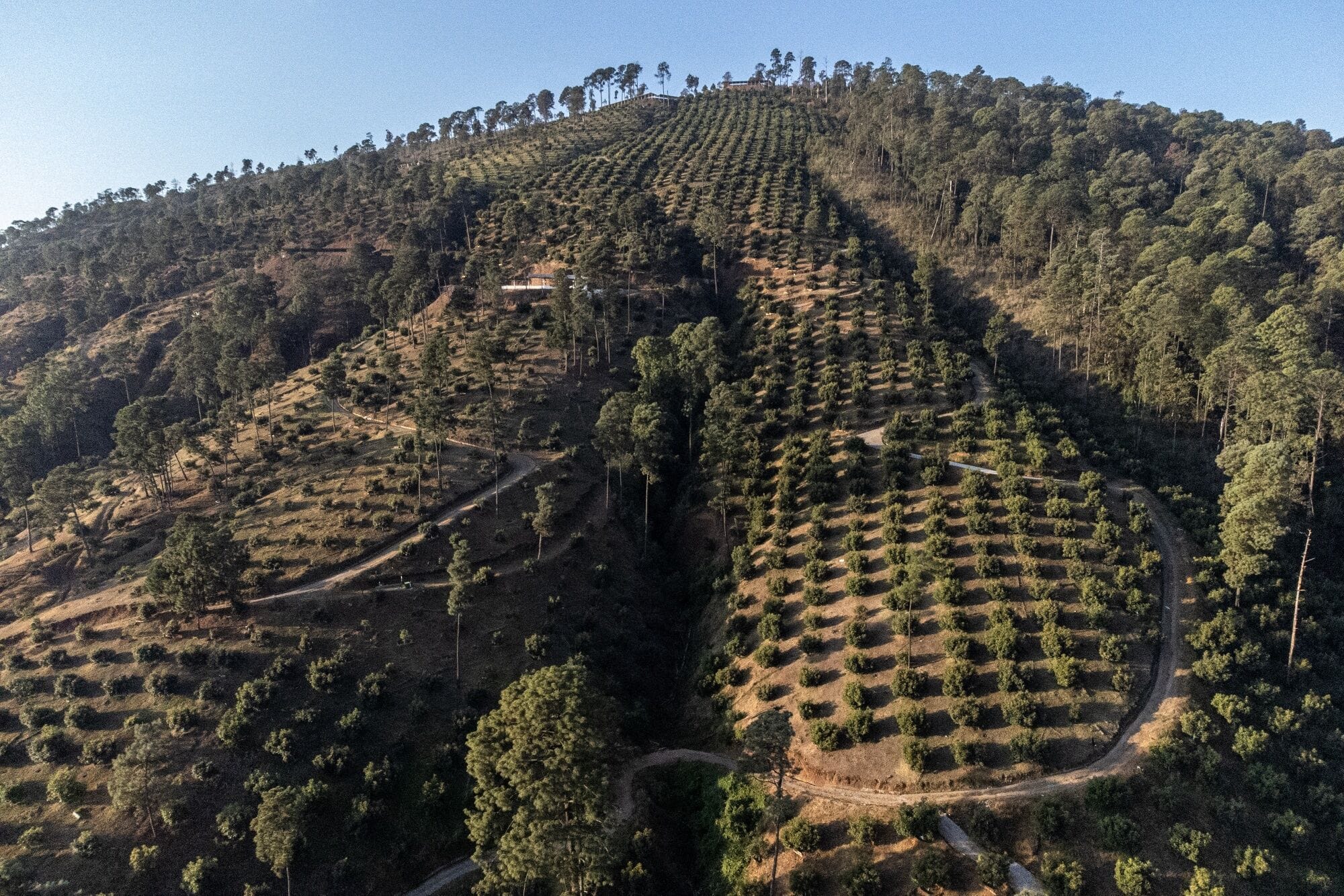What’s the True Cost of Your Avocado Toast? How About 40,000 Acres of Land in Mexico.
The price of avocados isn’t just impacting our wallets; it’s fueling a deforestation crisis in Mexico that’s wiping out ecosystems at an alarming rate. As our appetite for trendy foods continues to soar, the environmental cost is becoming impossible to ignore. A recent report revealed that over the past decade, our demand for avocados has driven the destruction of more than 40,000 acres of forest in Mexico.
A recent report by Climate Rights International exposed the reality of what it takes to meet our consumption demands: the top avocado providers for major U.S. supermarkets are getting them from lands that were often illegally cleared using fire. Michoacan State, the heart of Mexico’s avocado production, has come under scrutiny after the U.S. temporarily halted exports due to safety concerns for inspectors amid protests. And although shipments have resumed, the region still remains a hotbed for illegal land clearing, now further complicated by its importance in the U.S. avocado market.

Companies like Calavo Growers claim to follow laws but then deflect responsibility for land use policies. And the silence from major players like Fresh Del Monte Produce, Mission Produce, and others only deepens the concern. This is why, as consumers, it’s crucial to demand transparency in supply chains and support brands committed to sustainable practices
Here’s What You Can Do:
As demand for trendy foods like avocados skyrockets, businesses are quick to exploit opportunities for profit, often at the expense of our planet’s natural resources. But we hold the power to change this narrative. By shifting our focus to more localized, seasonal diets, we not only reduce the environmental impact of our food choices but also support our health and communities. And when you do find yourself shopping for imported foods, make an effort to support brands with transparent supply chains and environmental consideration.
This way, we don’t all have to grimace at receiving another avocado.
Cmon, we know you loved today's article - go ahead and share it with your favorite friend, family member, or colleague so they can have fun learning about sustainability with you-








